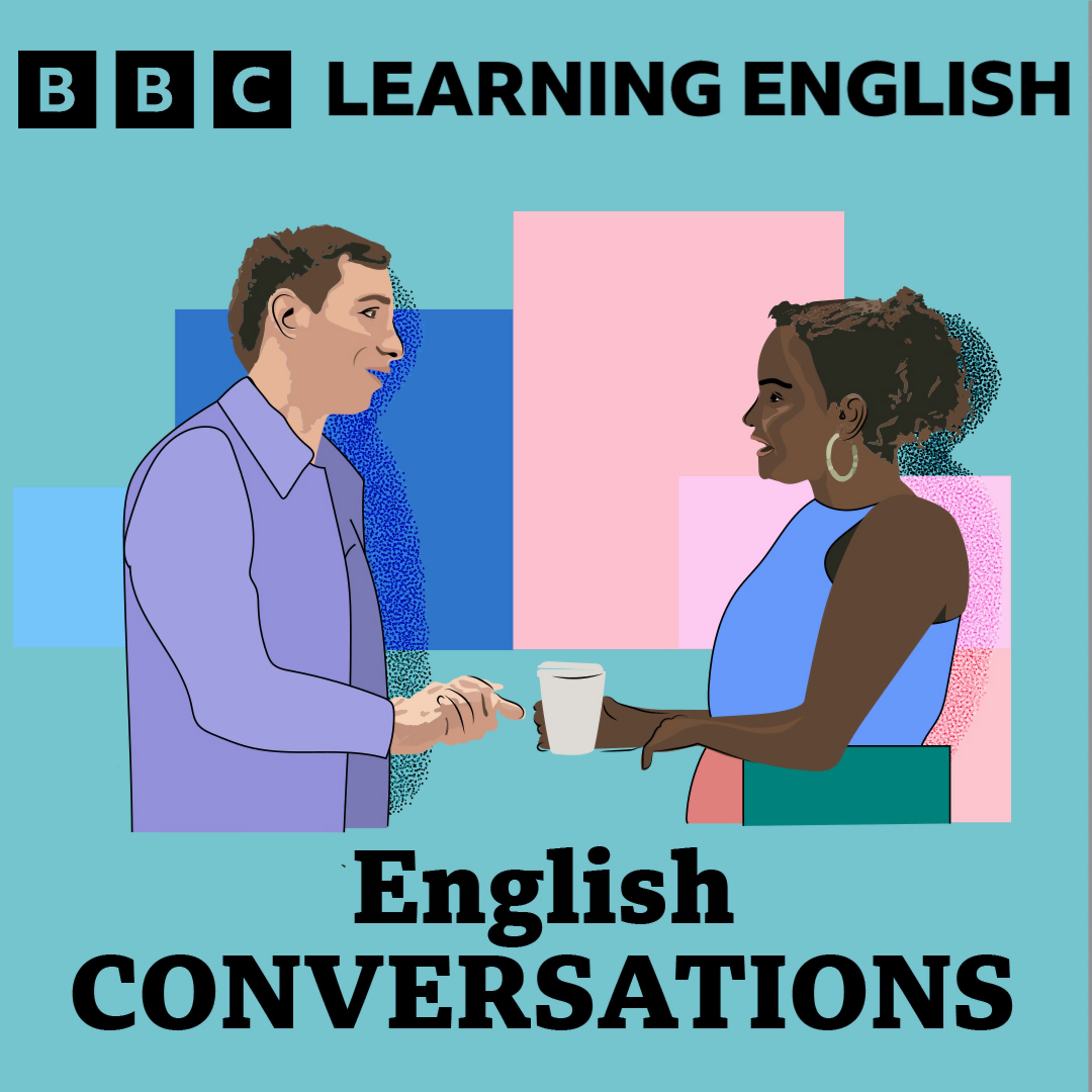
The English We Speak: All you like

Learning English Conversations
Deep Dive
Shownotes Transcript
Hello and welcome to The English We Speak, where we explain phrases used by fluent English speakers so that you can use them as well.
I'm Feifei and I'm here with Beth. How are you? Hi, Feifei. I'm OK, although my younger sister is staying with me at the moment and she expects me to do everything for her. This morning she wanted me to bring her breakfast in bed. I said you can moan all you like. I am not making you breakfast in bed. Oh, no. Although all you like, that's an interesting phrase. It means
It means a person can do or say something as much as they want to, but it won't change the situation. Yes, it's used when complaints or actions won't have any effect. Like my sister complaining, there was no way I was going to make her breakfast in bed. Exactly. The decision was final.
This reminds me of when I was at school, when our teacher used to give us lots of homework at school holidays and we complained. But the teacher always told us, you can complain all you like, but you still have to do it all. Yeah, I think we had the same, to be honest. Right, let's listen to more examples of all you like. Stop making that noise. You can cry all you like. I'm not going to give you that ice cream.
The players can complain to the referee all they like about that penalty, but he's never going to change his mind. The teacher can shout all she likes, but the students are still going to behave badly. MUSIC
So, we've said all you like is used to say that somebody can continue to do something, like complain, but it won't change the outcome. And it's usually a phrase used at the end of a clause that has the modal verb can, and then a second clause is added on. Yes, and that second clause is often linked with but. But.
For example, you can moan all you like, but I won't change my mind. Honestly, that's what I'm going to say to my sister later if she asks me to do any more things for her. Oh, good luck. We'll be back next time with another useful English phrase. See you soon. Bye.
Thanks for listening to Learning English Conversations. Did you know we have a BBC Learning English email newsletter? Subscribe for our latest lessons, worksheets and quizzes and weekly tips to help you study. Just search BBC Learning English newsletter or follow the link in the notes for this programme.